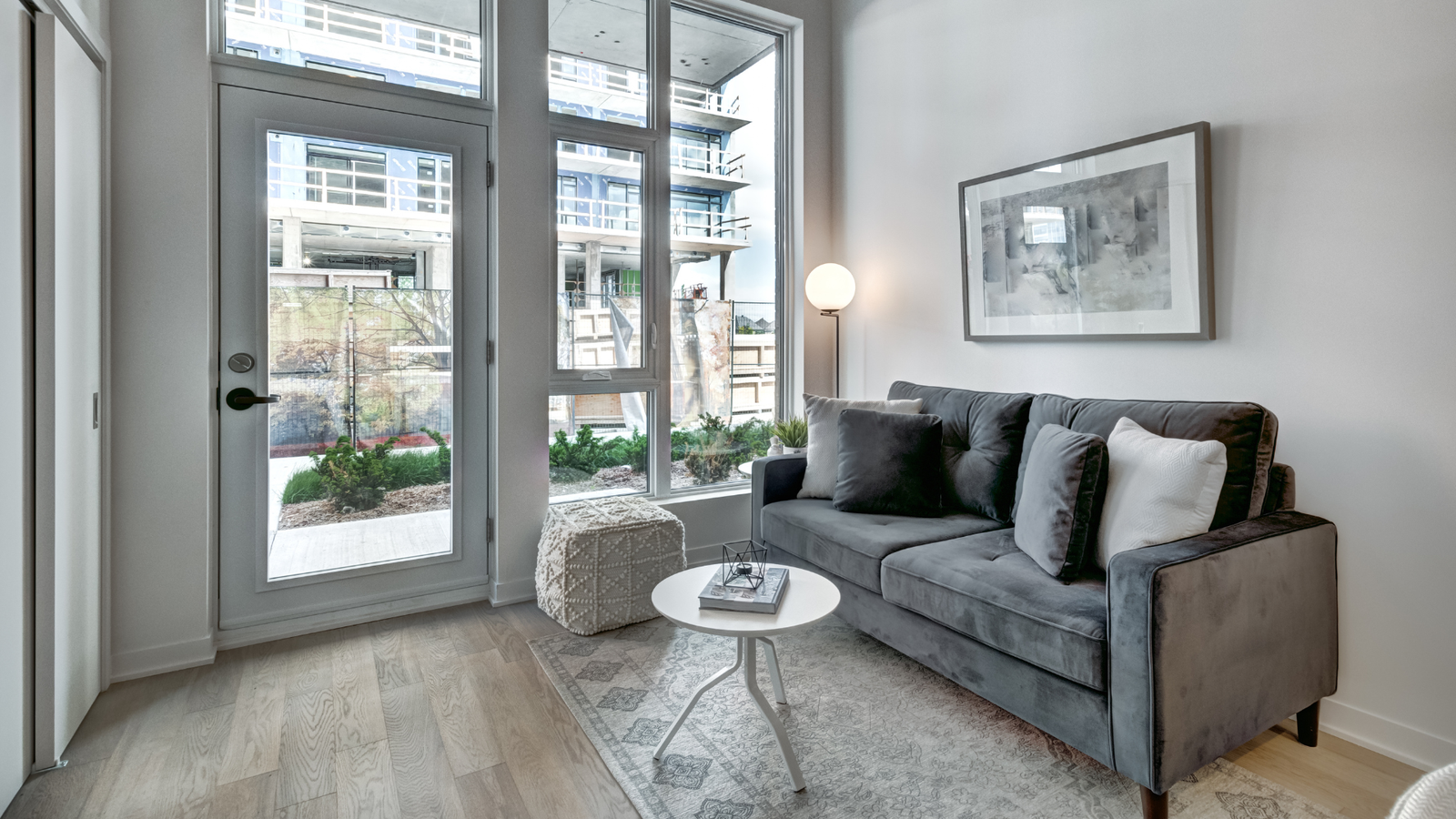
Strata living is a common and practical choice for many Vancouver homeowners. Whether you're thinking about buying into a strata or already own a unit, it’s natural to have questions about how things work—especially when it comes to rules, responsibilities, and your rights as an owner. To help you navigate it all, here are answers to some of the most frequently asked questions about strata living in Vancouver, backed by current facts and regulations
Living in a Strata
Can I renovate my unit?Yes, but with conditions. Interior renovations often require approval from the strata council—especially if they affect plumbing, electrical systems, or structural components. Always submit a written request and wait for written approval before starting any work. Even cosmetic updates might need to follow specific bylaws.Are pets allowed in this strata? It depends on the strata’s bylaws. Some stratas allow pets with restrictions (such as size, breed, or number), while others don’t allow them at all. Always review the current bylaws or ask for them before buying or moving in with a pet.Maintenance and Repairs
Who is responsible for repairs inside my unit?Generally, owners are responsible for everything inside the unit’s interior walls, while the strata is responsible for common property. However, responsibility can vary—especially for items like windows, doors, and balconies—so it's best to refer to the strata plan and bylaws.What’s considered common property vs. limited common property?
Common property is shared by all owners (e.g., hallways, elevators, roofs), while limited common property is designated for exclusive use by one or more owners (e.g., assigned balconies or parking spots). The strata corporation typically maintains common property, but owners may be responsible for maintaining limited common property, depending on the bylaws.How are maintenance decisions made?
Maintenance decisions are typically made by the strata council or by owners at annual general meetings (AGMs), depending on the scale of the work and budget required. Emergency or routine maintenance is usually handled by the council without needing a vote.How does the strata handle emergency repairs?
Strata councils have the authority to act quickly in the case of emergencies to protect property or safety. The cost may be covered by the contingency reserve fund or insurance, depending on the issue.
Rentals and Rules
Can I rent out my unit?As of November 2022, most rental restrictions were removed in B.C. Stratas can no longer limit the number of rentals or prohibit them entirely. However, short-term rentals (like Airbnb) can still be restricted, and tenants must comply with all strata bylaws.What happens if I break a strata rule?
You may receive a written warning or a fine, depending on the bylaw and severity of the issue. Strata councils are required to follow due process, including providing notice and an opportunity for the owner to respond before imposing penalties.Can I attend strata council meetings?
Yes and no. Regular owners’ meetings like AGMs or SGMs are open to all owners. However, strata council meetings are typically closed unless you're invited or unless the bylaws state otherwise. Minutes of council meetings must be made available to owners.
Buying and SellingWhat should I know before buying into a strata?
You should thoroughly review the strata documents, including the bylaws, rules, meeting minutes, depreciation report, and financials. These documents provide key insights into how the strata is managed, upcoming expenses, and potential red flags.Can the strata restrict who I sell my unit to?
Stratas cannot restrict your ability to sell or to whom you sell, but they can enforce bylaws that may affect prospective buyers (e.g., age restrictions, pet rules, etc.), which could influence a buyer’s interest.How do strata bylaws affect resale value?
Stricter bylaws—such as those limiting pets, rentals, or renovations—can reduce the pool of potential buyers and affect resale value. On the flip side, well-enforced bylaws and good maintenance can enhance the property’s appeal.Should I get a lawyer to review the strata documents?
While not required, it’s highly recommended—especially if you’re new to strata living or buying into an older building. A real estate lawyer can help you understand any potential risks and liabilities.